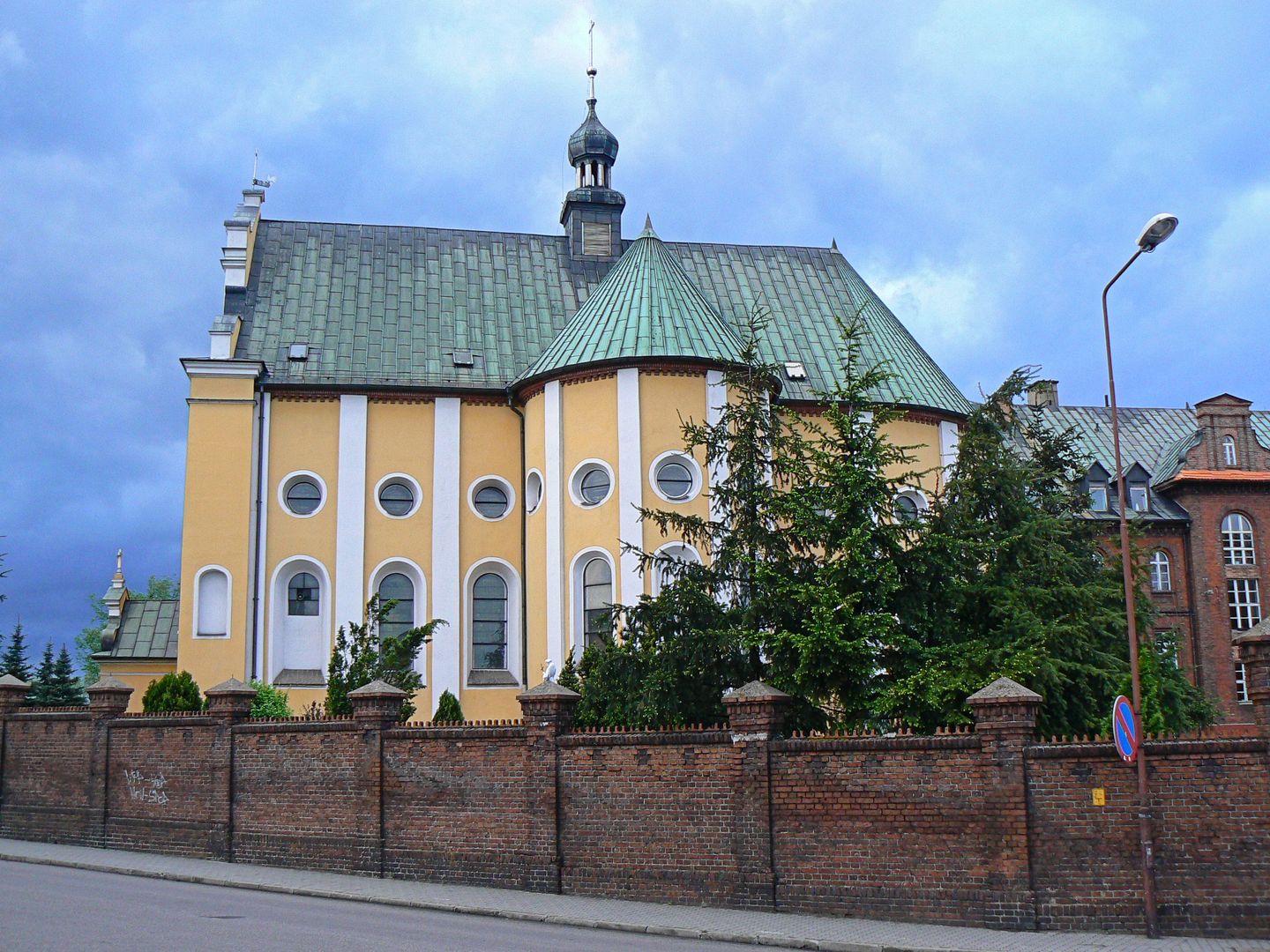Wronki
6.21

Overview
Wronki is a town in the Greater Poland Voivodeship, situated on the Warta River, with a rich history dating back to prehistoric times. Chartered in 1383 as a private noble town, it held significant economic importance due to its attractive location along water and land routes. The town's history features many notable events, such as the founding of a Dominican monastery in 1279 by Prince Przemysł II and the meeting between Casimir the Great and the Margrave of Brandenburg in 1348. Wronki became private property in 1515 when it was acquired by the Górka family of the Łodzia coat of arms. During the partitions of Poland, the town engaged in patriotic activities, organizing various associations and clubs, which helped preserve Polish identity. After World War II, the largest employer was Amica, a company known throughout Poland for manufacturing household appliances. Wronki boasts numerous historic landmarks, including the Gothic Church of St. Catherine, a Franciscan monastery, a 19th-century granary, and a water tower. The town hosts annual cultural events such as Wronki Days and Christian Culture Week. It offers diverse educational opportunities, including a higher seminary, primary schools, and secondary schools. Sports also play an important role in the community; once home to the football club Amica Wronki, the town also has a bowling club, Dziewiątka-Amica. Wronki maintains international relations with partner towns, including Beverwijk in the Netherlands and Plérin in France, and has a vibrant religious life with two Roman Catholic parishes and a presence of Jehovah's Witnesses. It is also worth noting that Wronki is home to the largest closed-type prison in Poland.
Location
2026 Wizytor | All Rights Reserved